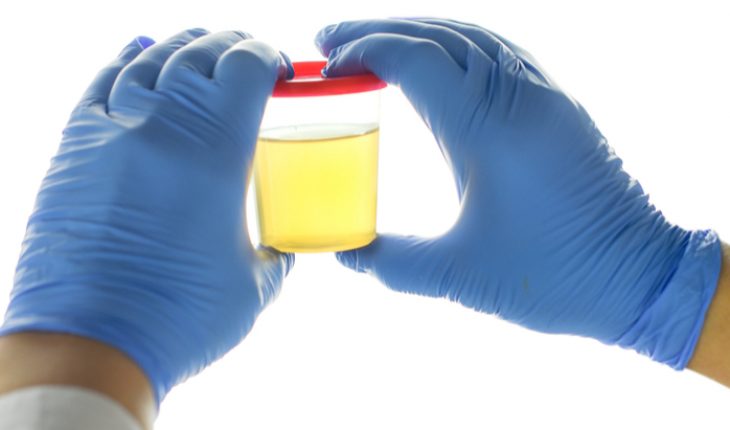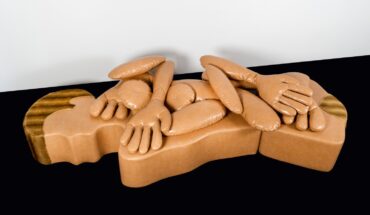Urine is one of the most common diagnostic specimens. However there is a high rate of contamination in collecting urine samples, rendering them useless.
A Urinary Tract Infection (UTI) is a bacterial infection of the urinary tract, most commonly the bladder, but occasionally the kidneys, (also known as pyelonephritis). UTI’s are treated with pain relief and antibiotics for between 3 to 5 days and in more severe case 7 to 14 days. Patients are encouraged to increase their fluid intake. Risk factors for UTI unclude dehydration, sexual activity, diabetes and increasing age.
The older people get the lower their ability to resist bacterial infections. Urinary tract infections are particularly common in older patients and over 50 per cent of women are likely to suffer at least one UTI during their life.
The older people get the lower their ability to resist bacterial infections. Urinary tract infections are particularly common in older patients and over 50 per cent of women are likely to suffer at least one UTI during their life.
Men may also suffer, but less commonly. Approximately seventy people out of 100,000 suffer from E-coli bacteraemia.
At Barts Hospital, health professionals see a lot of female patients with urinary tract infections. High rates of contamination in collecting urine samples occur owing to difficulty with collecting urine midstream. Women complain that it is difficult, messy and uncomfortable to urinate mid-stream into a tube. Disabled people and their carers also find it difficult owing to spillage. It is hard to make an accurate diagnosis if the sample hasn’t been collected properly. Contamination leads to patients having to repeat the urine sample.
If you collect a good sample you are more likely to get the diagnosis right the first time. A device, named Peezy Midstream has been developed over 17 years, to collect samples of urine midstream. It was trialled on 200 patients and has been used in the NHS for five years. Results of the trial showed that the device reduces the need for repeat testing by lowering the contamination rate of urine samples.
Female patients find the device easier to use than the older tests tubes which tend to be messy, owing to spillage. It saves embarrassment for both the patient and the healthcare professional. The device has been used with patients in Clinic and found fewer repeats; the system also delivers accuracy, efficiency and hygiene.
In 1928 Sir Alexander Fleming discovered penicillin and significantly reduced mortality from infectious diseases. In his 1945 Nobel speech, Fleming warned that if not tackled, in time antibiotic resistance could have a devastating effect in the next 50 years. With rising antibiotic resistance Fleming’s ominous prediction seems to be proving worryingly accurate. To help tackle this problem last year the United Nations agreed a declaration to rid the world of super-bugs. NICE are currently pulling together infection guidelines. Bacteria are passed around the world as we travel: one in three people take a course of antibiotics every year. There is a necessity to make accurate diagnoses of infection and use the appropriate antibiotic for the requisite time to eradicate the infection. Reducing overuse of antibiotics is paramount.
The new device was developed by an NHS GP Dr Vincent Forte who was puzzled over the number of women returning to his surgery after failed antibiotic treatment for urinary tract infection.
Investigating the causes, he uncovered a problem with urine specimen quality and difficulty in collecting the midstream, which contains vital information for accurate analysis.
Without this, results were often equivocal because of mixed growth masking the real cause of infection. Midstream would deliver what was needed for prompt, targeted treatment.
Dr Forte, and his sister, Giovanna, and their team of researchers developed a device to collect urine more hygienically. The patented Female Freedom Funnel was born in 2002, winning the inaugural Medical Futures Innovation Award. Deceptively simple in appearance, the device’s funnel like shape reduces spillage and a system of valves allows urine to be trapped and excess expelled.
A range of different products are currently in the pipeline, by the team, including Peezy First Stream for a variety of novel early stage cancer urine tests, the Peezy Stool collection kit and Peezy Detector for more reliable and hygienic sports dope testing.
- How to lessen contamination rates in urine samples - 4th October 2017






